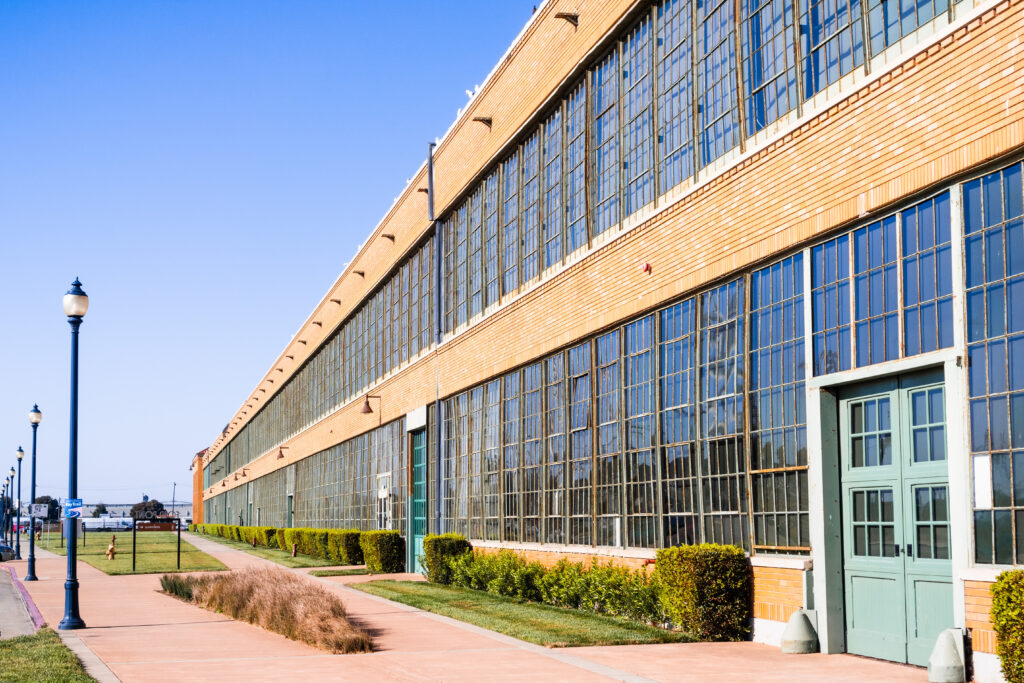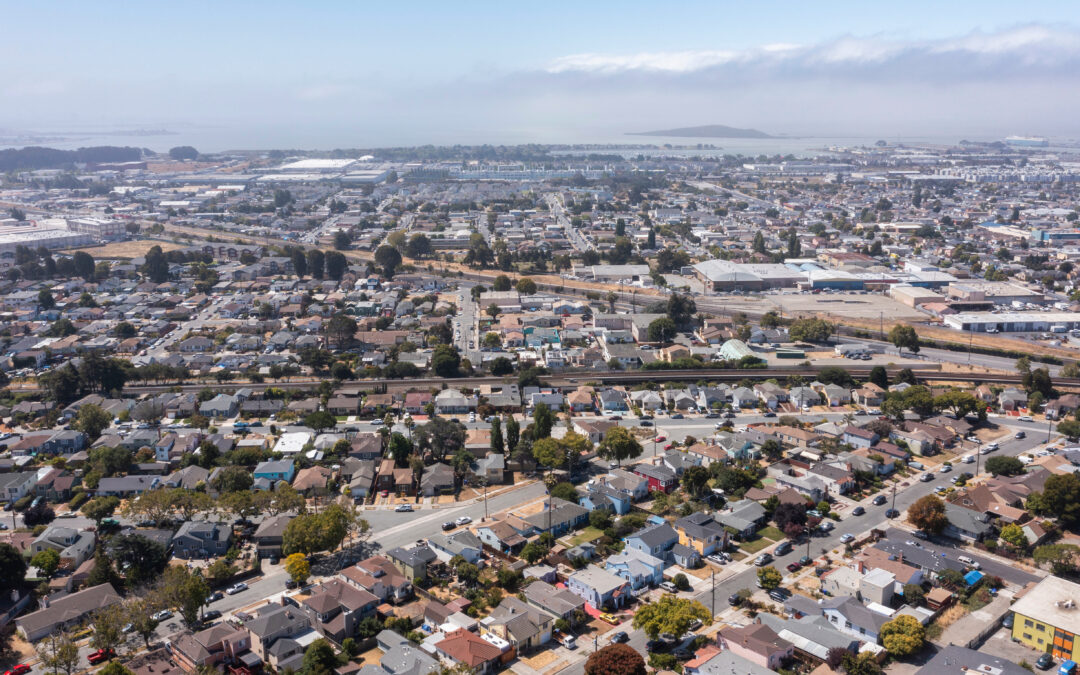The city of Richmond has a long and storied history as one of the industrial centers of the Bay Area. Incorporated in 1905, the city has been at the vanguard of many developments, investments and technologies that have defined its past and are now helping to shape a more promising future. From its early days as a transit hub for rail and ferry service to its ensuing growth and legacy as a manufacturing and shipbuilding powerhouse in the mid-20th century, Richmond has seen many economic cycles come and go. Much to the city’s credit, it is now using these experiences to position itself to attract industries of the future, including advanced manufacturing, food production, and most recently, cleantech.
In a nod to its industrial past, and like a few of its nearby counterparts, the city of Richmond has been able to attract and grow innovative new companies due in part to its readily available commercial facilities and industrial sites, such as the historic Ford Assembly Building, which was substantially renovated and updated about a decade ago. Indeed, it is only fitting that Richmond has become an attractive location for new clean energy companies such as Moxion Power and New Sun Road, particularly as the Chevron Refinery has casted its shadows over the area even longer than Richmond has been a city (the refinery became operational in 1902). The Port of Richmond has the largest liquid bulk and automobile tonnage in the Bay Area, and advanced technology companies that are looking to be part of the offshore wind effort are scouting sites to test protypes of new technology in Richmond. Additionally, Richmond’s proximity to UC Berkeley and its robust transportation infrastructure – including multiple nearby BART stations, a ferry terminal, access to major freeways and roadways, as well as freight and passenger rail – make it a particularly appealing and strategic location for manufacturing and goods movement companies looking to grow and stay in the region.

The Craneway Pavilion, part of the old Ford Assembly Plant.
For the past two years, the East Bay Economic Development Alliance (East Bay EDA) has been leading an initiative called Resilient East Bay to highlight the East Bay’s manufacturing legacy and better understand how the region’s leadership in multiple emerging industries are create synergies for cross-disciplinary innovation. This has not been by accident: Manufacturing has been the East Bay’s fastest-growing industry sector over the past few years (11%), adding more than 10,000 jobs between 2017 to 2021, the fastest growth rate across all industry sectors in the region. Richmond has quickly emerged as one of the epicenters of this phenomenon by leveraging its existing assets and infrastructure to support the growth of existing and new companies alike, as well as attracting research and development investments in biosciences, clean tech, food and beverage, and transportation. With recent investments from the CHIPS and Science Act and Inflation Reduction Act now coming online to support new and emerging companies, technologies and tools, the city of Richmond is well-positioned to tap into these resources to support its future growth and development.
As the economy continues to send mixed signals around the road ahead, the East Bay can feel fortunate that its legacy industries are realizing the benefits of new private and public investments that are leveraging innovative technologies and tools in new and different ways to create new companies and products – right here in our backyard. For our region to continue to grow and thrive, we will need to continue to support innovative communities like the city of Richmond and do our part to ensure their future success.
This article was originally published in the San Francisco Business Times for East Bay EDA’s East Bay Hot Spots series. Read the article here.

